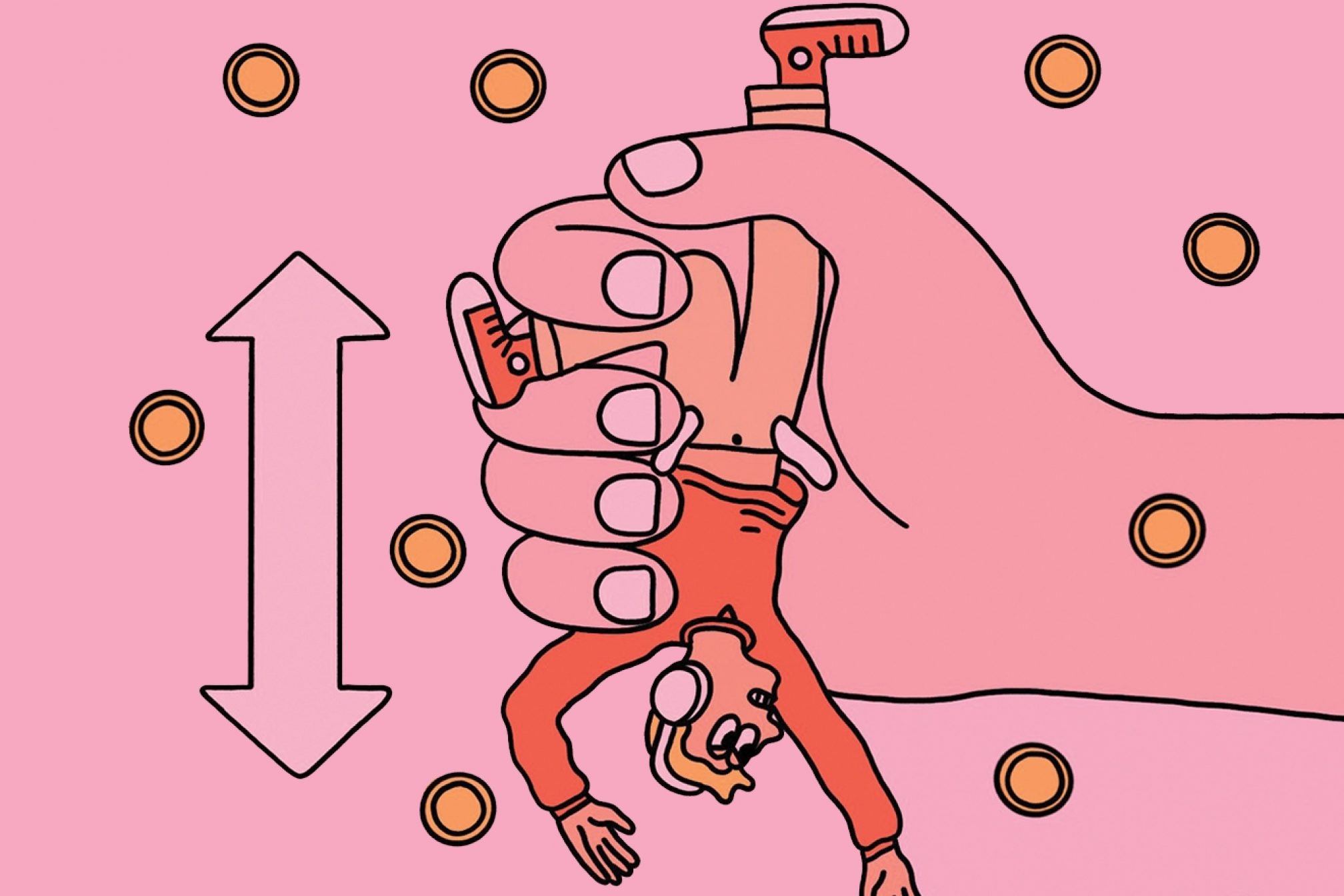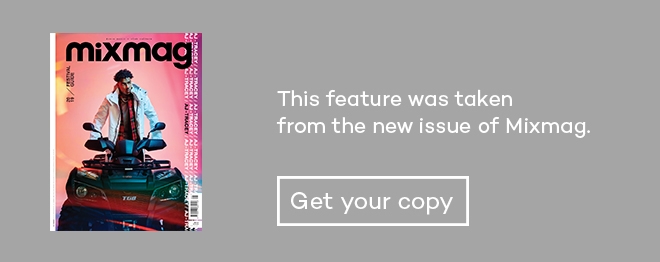 Comment
Comment
‘Pay-to-play’ is not OK: Stop the dodgy promoter tactic exploiting young DJs
It's time to end the devious promotion practice that makes smaller DJs pay to fill their own gigs
We’ve all heard people talking about DJs who ‘sell tickets’. Book Carl Cox and you’ll sell out your club, weeks in advance. Right now, Peggy Gou is a sure-fire money-maker for any promoter that can tempt her to their city. But a lesser-known DJ means the promoter has to work harder. You know, promoting. But in the last few years a new twist on the formula has taken hold: DJs having to sell a shed-load of tickets themselves to earn the privilege of getting a set low down the bill at festivals and clubs.
‘Pay-to-play’ is how many festivals and club nights are building the bottom end of their line-ups. It’s a case of getting budding DJs to play, but only if they buy a ticket to the festival themselves and sell maybe 10 to their friends. And some of the stories will make you wince. For example, the guy who agreed to sell tickets and buy his own for a festival in Scotland but couldn’t shift (quite) all the tickets he had to.
“On the day,” he told us, “I had about four, maybe five, tickets left to sell after shifting twenty-three. I got to the festival, spoke to the promoter and they stated that it wasn’t good enough... as ‘a real DJ has to be able to sell tickets and mix tunes.’”
Another DJ told us about being shocked by another global festival company’s similar demand. When she decided not to go ahead with the ticket deal she also exposed the festival, later being told that she’d ‘burnt bridges’ by doing so. Then when her friend backed out too the promoters demanded money, threatening them with visits from debt collectors. Another DJ still playing this particular festival claimed to have received their fee already, but admitted that they might be the lucky one in all of this. Anyway, “Every man and his dog can DJ,” he told us. But why should those who are willing or able to do the promoter’s job for them be first in line? How much talent are we missing out on, and how does any of this improve the experience for us punters?
“The promoter stated that a real DJ has to be able to sell tickets and mix tunes”
Manchester-based acid house duo Posthuman have pointed out to us that this practice has existed outside of electronic music events for as long as there has been money involved. “‘Pay-to-play’ has been an established thing in rock and pop music for decades,” they say. “Huge touring bands like The Rolling Stones would often sell the support slots to record companies desperate for their acts to play on the same stage – the publicity and exposure equal to a well-funded advertising campaign. Some big EDM stars have pretty much gone on record saying they paid their way into the big gigs.” The practice reached its zenith in March when KFC paid for a 15-minute set from Colonel Sanders on the Ultra main stage.
Posthuman compare management crews who take part in this to the dodgy dealers who took over rave culture in the late 80s: “There’s money to be made, and when your competition is mainly there through the love of it, a ruthless operator can find it easy pickings.”
Of course, the concept of booking a new and exciting DJ and encouraging them to bring their crew along (who will splash out on tickets and spend money at the bar while they’re there) is as old as club culture itself. Building a network of friends and supporters is very useful in every creative endeavour. But it’s clearly evolved into exploitation by opportunistic promoters taking advantage of up and coming DJs.
Fast-rising Manchester tech-house producer and DJ Mason Maynard has a story from fellow club DJ who had to buy 25 tickets to sell in order to play at a top club, and on top of it got “a bollocking” for not shilling the event as effectively as the promoters would have liked. The set he got that night was half an hour long. At 5am.
‘Pay-to-play’ goes deep, but we can’t just let it fester. Young DJs should try and avoid anything that so clearly just doesn’t seem right. It’s far better to put on your own party with your mates than be exploited for someone else’s gain or ego.
As for promoters: invest in up-and-coming talent you truly believe in early on, rather than whichever Tom, Dick or Harry who’s up for selling 20 tickets, and you might have the next Peggy Gou or Carl Cox on your hands. Then they’re going to remember you when they’re at the top, and maybe even come back and play a headline show for you. It’s not just about karma, though. Nurturing young talent rather than exploiting it is the only way to ensure we have a long-lasting healthy ecosystem in dance music for years to come.
Oliver Payne is a freelance writer, follow him on Twitter
Tiago Majuelos is an illustrator and animator, follow him on Instagram
Read this next!
Hey promoters! Throw parties, not club nights
DJ exclusivity deals and domineering promoters are suffocating independent nightlife
Bulging line-ups risk killing the vibe on the dancefloor




